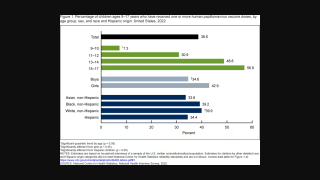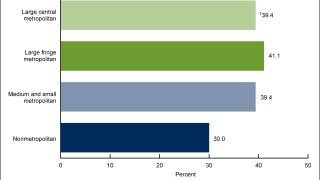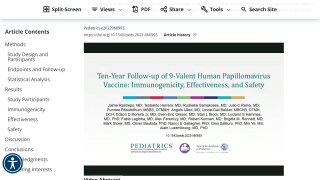140 Countries Include HPV Vaccines In National Programs

Since the launch of the World Health Organization's (WHO) global strategy to accelerate the elimination of cervical cancer three years ago, a further 30 countries, including Bangladesh, Indonesia, and Nigeria, have introduced a Human papillomavirus (HPV) vaccine into their vacation schedules.
As of November 17, 2023, 140 countries have now introduced HPV vaccinations into national programs.
Governments and communities are leading the way by declaring commitment and developing strategies to eliminate HPV cervical cancer, a sexually transmitted disease.
On Cervical Cancer Elimination Day of Action, Member States have a renewed commitment to eliminate this vaccine-preventable cancer.
"In the last three years, we have witnessed significant progress, but women in poorer countries and poor and marginalized women in richer countries still suffer disproportionately from cervical cancer," said Dr Tedros Adhanom Ghebreyesus, WHO Director-General, in a press release.
"With enhanced strategies to increase access to vaccination, screening, and treatment, strong political and financial commitment from countries, and increased support from partners, we can realize our vision for eliminating cervical cancer."
There are effective HPV vaccines that protect males and females against cancers caused by HPV.
According to the U.S. Centers for Disease Control and Prevention (CDC), these vaccines include 9vHPV, 4vHPV, and 2vHPV. In the U.S., HPV vaccination has been recommended for women since 2006 and for men since 2011.
As of August 2023, the CDC reported that in 2022, 76% of people aged 13–17 had received one or more HPV vaccine doses.
HPV vaccines are generally available at health clinics and pharmacies in the U.S.
Our Trust Standards: Medical Advisory Committee























